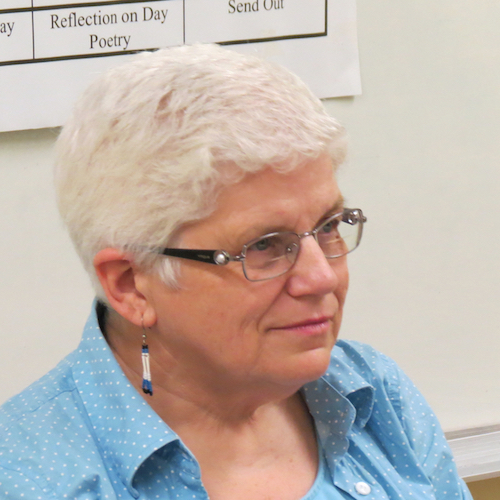Some years ago, Wayne Nelson wrote a short article about blocks to consensus that we use in our Art and Science of Participation course in the session about decision-making and consensus. As we read this last week in the online course, the description in this article seemed like a very apt description of the societal contradictions that are tearing us apart and contributing to current events.
Here is the article.
Some Blocks to Consensus
As social diversity continues to explode and globalization impinges more deeply, individuals and groups struggle to assert their own selfhood and identity. To this end, they develop their own sets of principles, values, approaches and solutions which can easily rigidify. Groups and organizations attempting to move forward into the future are constantly running into blocks created by dualistic contexts, adversarial modes, and power polity.
Dualistic Contexts
Society, poor in processes that unite rather than divide, has developed tension between dualities into a high artform. We see ourselves as right, and others simply wrong, or at best, inadequate. We are not trained in the mental agility that is able to see two, three or four sides of an argument at the same time. We are trained to see, as Orwell put it, “four legs good, two legs bad”. It is no surprise, then, that society abounds in methods for argument, debate and division but is weak in methods for dialogue, synthesis, and synergy.
The Adversarial Mode
It is no wonder that society is encountering more and more inability to come to agreement and consensus. It seems exceedingly difficult for opposing opinions to dialogue deeply enough to take the conversation beyond the positions that individual parties brought to the table. The leap to hear a different perspective as authentic, seems too great, and the complexity involved in developing a genuine interaction overwhelms us. Individuals and groups retreat to their own perspective and spend the whole time pushing that and not listening to anything else. Disharmony, hostility, anger and finally, uproar tend to prevail. Such is the adversarial mode.
Power Polity
In addition, our social systems are based, all too often, on power relationships, so that polity has become a matter of gaining enough power within a system to have one’s own way, even if it means riding roughshod over the input of colleagues, structures and constituencies. People have not been educated to use power in a way that honours and pulls together the creativity of others into approaches that benefit all concerned.
If we can address these contradictions, even nudge them a little, we can begin to provide a foundation for moving forward together.






